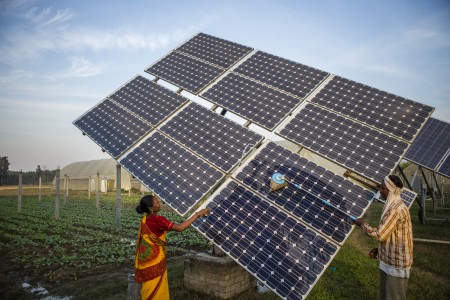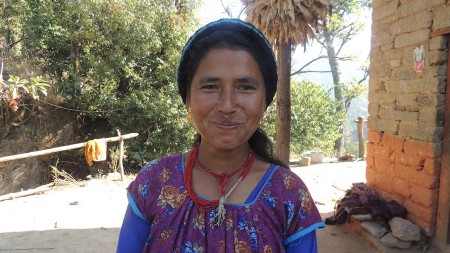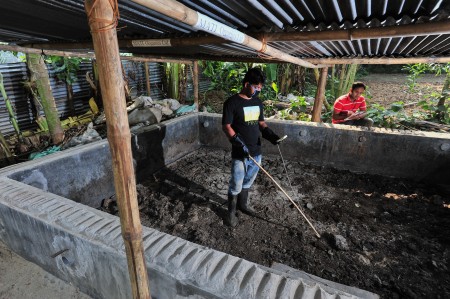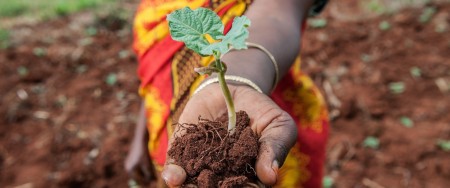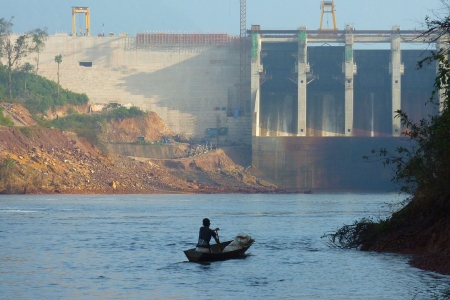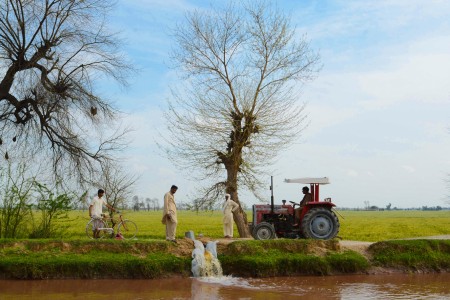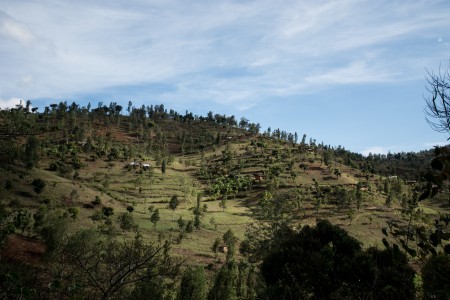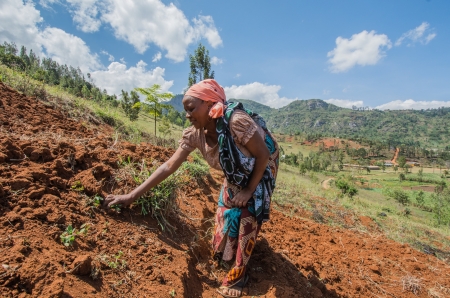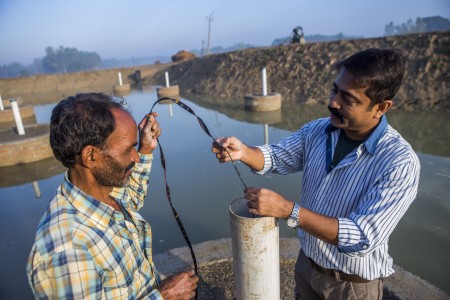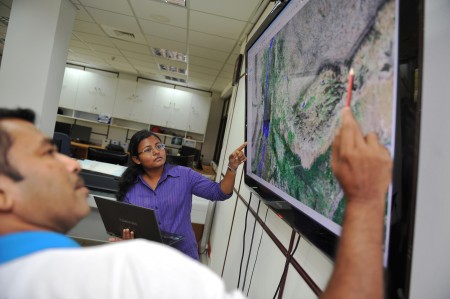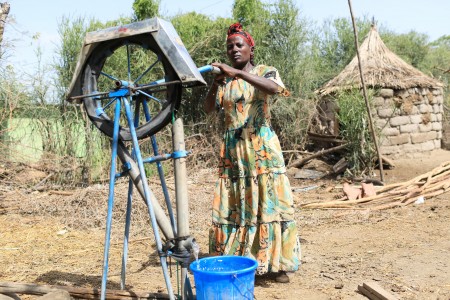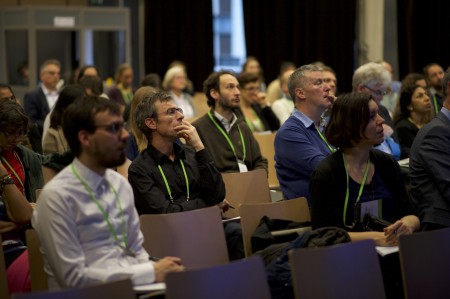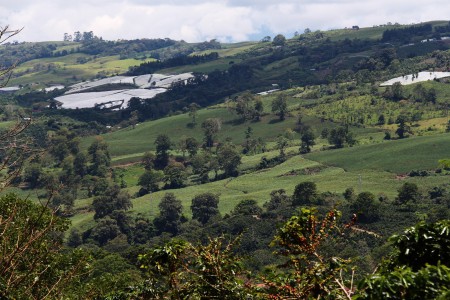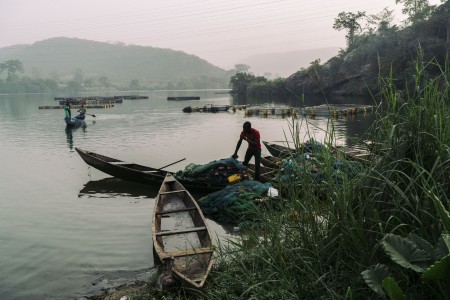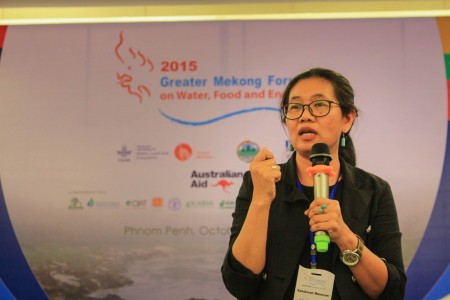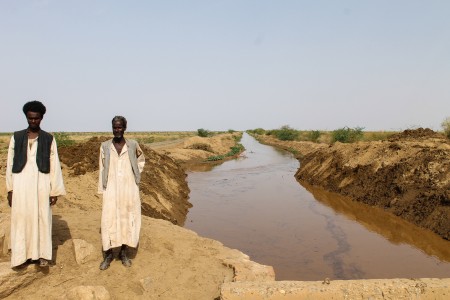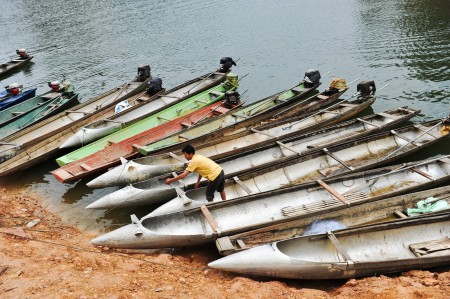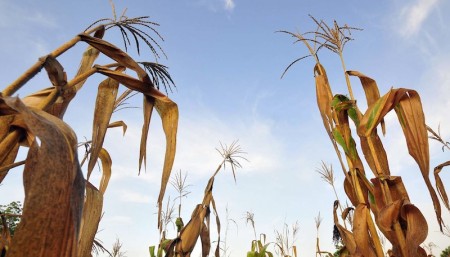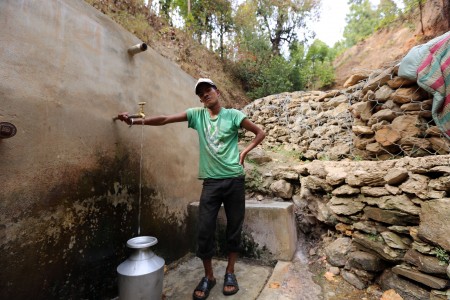The WLE 2015 Annual Report > Engaging with the global agenda

Creating a meaningful dialogue in the Greater Mekong
The large river basins of continental Southeast Asia shared by numerous nationalities and ethnic groups. The Mekong Basin alone spans six countries: Cambodia; China; Laos; Myanmar; Thailand; and Vietnam. Coordinating the development of these rivers is enormously difficult and fraught with disagreement, not only between nations, but also between sectors. With massive investment and rapid development of the region, communication, coordination, and mutual understanding is very important for maintaining ecosystems and livelihood activities that are equitable and sustainable.
The CGIAR Research Program on Water, Land and Ecosystems (WLE) in the Greater Mekong has research projects in four major transboundary river basins: the Mekong; the Irrawaddy; the Red; and the Salween. Working through partnerships with local and international organizations on the challenges that face the region, the program sees a need for dialogue spaces where people from all regional countries and all backgrounds can discuss these challenges.
As such, it has planned – in collaboration with regional partners and government ministries – the Greater Mekong Forum on Water, Food and Energy as an annual event. It is the largest event of its kind in the Mekong Region focuses on regional knowledge-sharing, improving water-related discussions between stakeholders with differing interests, and interfacing innovative evidenced based solutions with non-technical participants from all sectors. The forum is also meant to be a safe space where difficult and controversial water-related topics can be discussed in a non-judgmental and informal way.
“This is not a research conference,” says Focal Region leader, Kim Geheb. “The forum is designed for knowledge users: government and development agencies, the private sector and research-for-development practitioners. We emphasize deliberation and listening, query and debate.”
In 2015, the forum was held in Phnom Penh, Cambodia and was attended by 306 participants, representing 139 institutions. Of the institutions that participated, 13% were Cambodian, 9% Chinese, 13% Lao, 17% Myanmar, 13% Thai, 17% Vietnamese and 19% international; 20% were regional universities, 13% were regional NGOs, 12% were international NGOs, 10% were international universities, 9% were regional government, 7% were international research agencies, and the remainder other types of agencies (including 3% who were private sector, and 4% international government).
Agriculture 2.0:
towards a global revolution
for sustainabilitywater, land and ecosystems research highlights
2015 – 2016
A message from Johan RockströmWLE Steering Committee Chair
Agriculture 2.0
Current farming practices use 70 percent of the Earth’s fresh water, degrade 40 percent of land and contribute to 30 percent of greenhouse gas emissions.
But there is a better way: putting sustainability at the center of our food systems will not only reverse climatic degradation, but also accomplish the productivity that is necessary to feed 9 billion people by 2050.Sustainability is not just a necessity. It is an untapped opportunity for improving the livelihoods of male and female smallholders farmers, ensuring the productivity of the land into the future, and better harnessing the services provided by our ecosystems.
The CGIAR Research Program on Water, Land and Ecosystems (WLE) is doing its part to make the sustainable intensification of agriculture a reality by producing evidence-based solutions for water and land management via partnerships that span nationalities, sectors and disciplines.
We invite you to explore highlights from WLE’s work below.
in 2015 wle: field tested 62 technologies and natural resource management practices, helped 125,000 farmers to apply new technologies or management practices, supported improved technologies or management practices on 2.5 million hectares
Solutions for sustainable intensification of agriculture
In 2015 WLE: established 41 multi-stakeholder platforms and influenced 200 policy processes
Engaging with the global agenda
Practical approaches to regional problems
WLE in 2015 had 110,000 website visits and 43,000 views on CG-space and published 141 ISI publications and 94 open access publications
